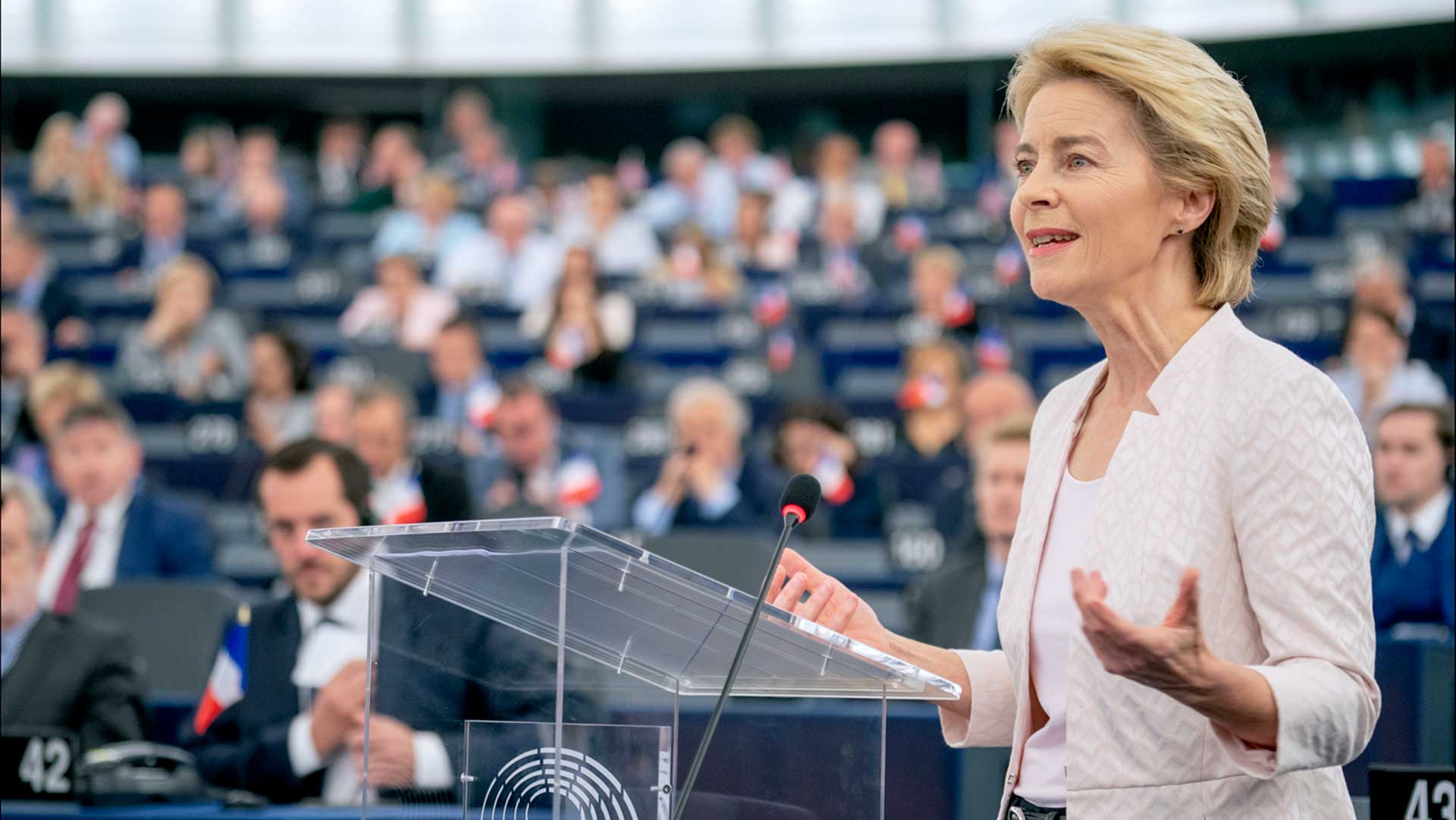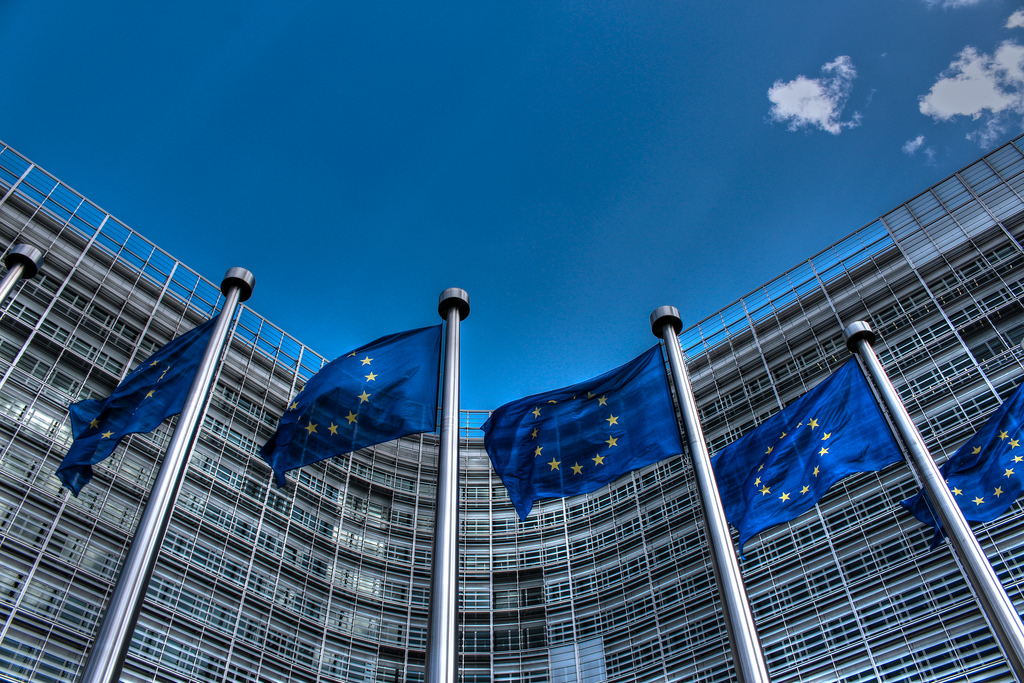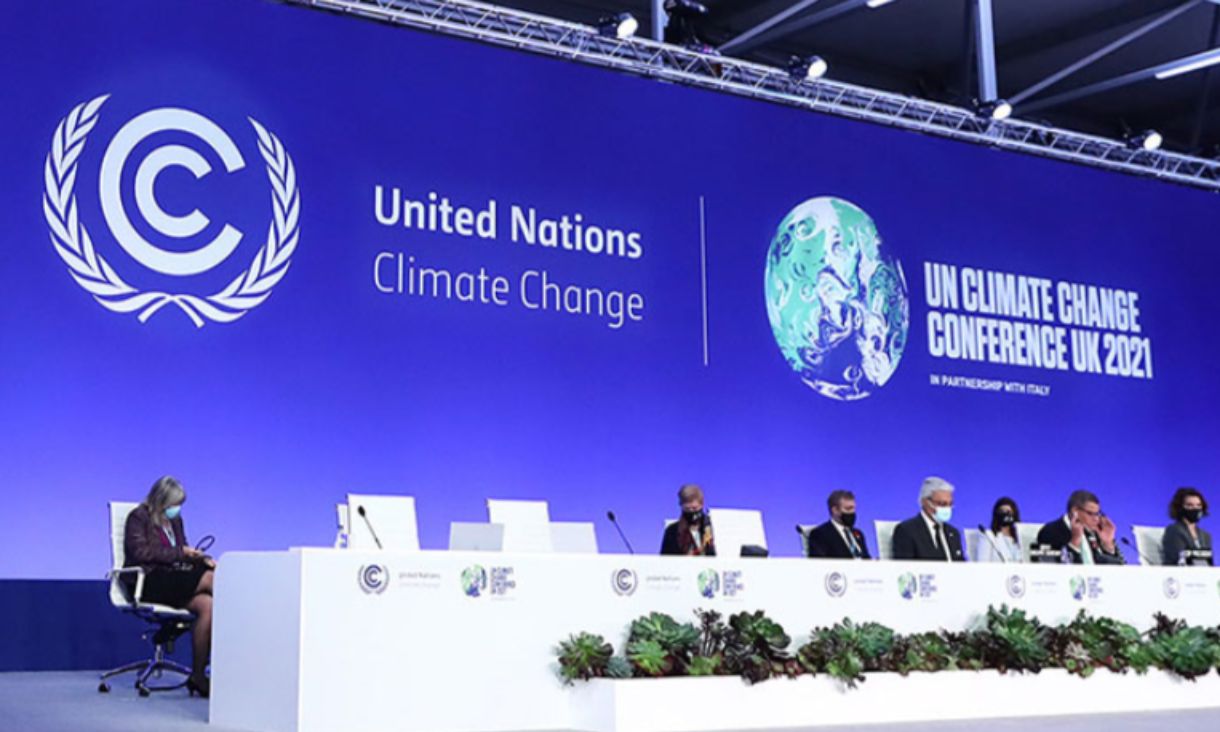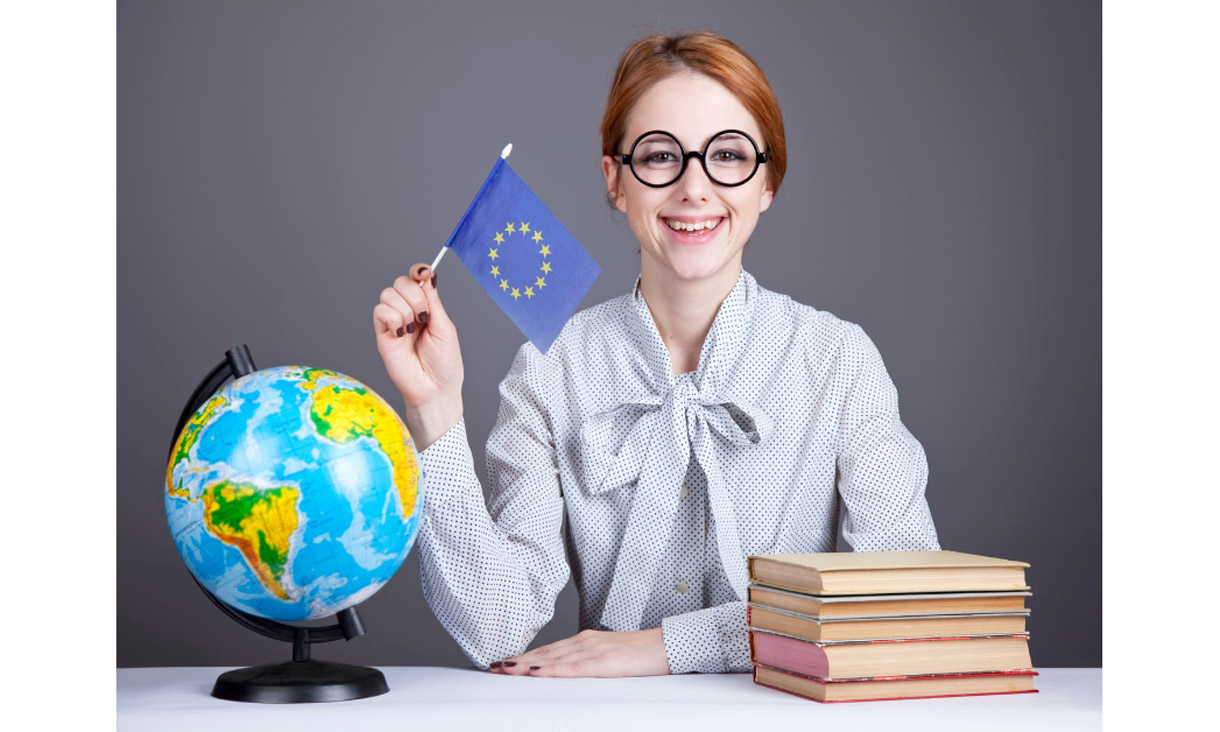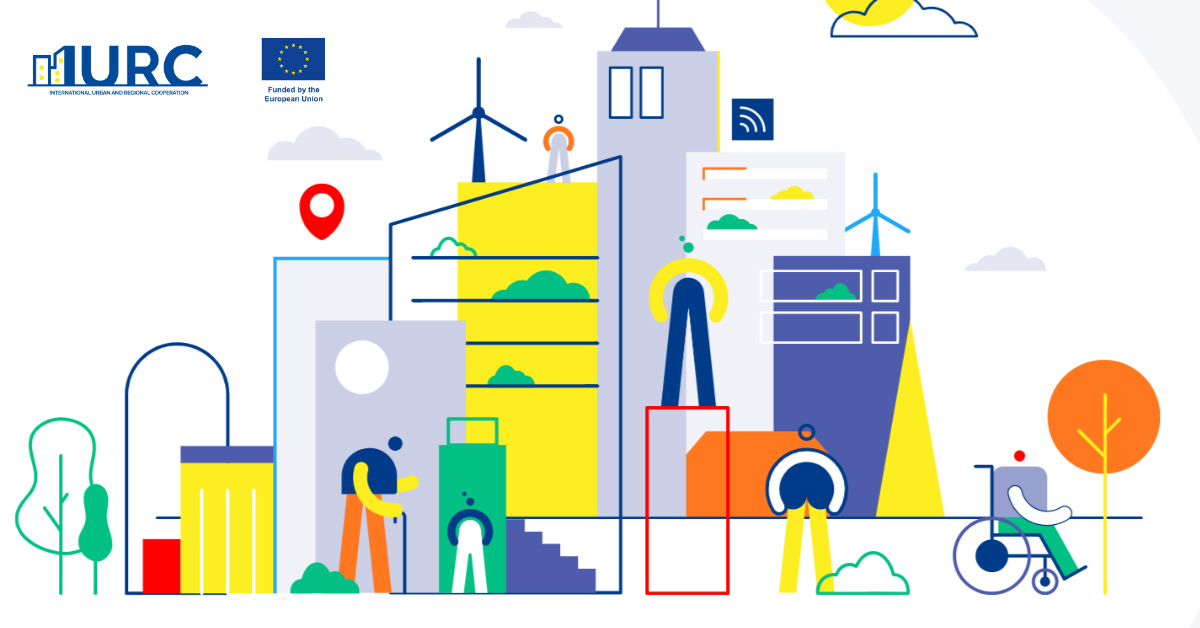ESAANZ 2022 Conference Report: The European Union in the Age of Global Turbulence
On 24 November 2022, the European Studies Association Australia and New Zealand (ESAANZ), in partnership with RMIT University’s European Union Centre of Excellence, held its annual conference, themed The European Union in the Age of Global Turbulence.
COP27 Special: Transformation, not Targets
COP27 was held in Sharm El-Sheik in November this year, and has already faded from the news cycle. In this reflective discussion, Emma is joined by Professors Ben Cashore and Navroz K Dubash, both of whom attended the meeting as observers.
Teaching the Teachers - Integrating the EU into Secondary School Curricula in Victoria and NSW
Secondary School / High School Teachers in Victoria and New South Wales are invited to these workshops on integrating the European Union and European Studies into secondary school curriculum.
Launch of European Union-Australia Cities Cooperation within the International Urban and Regional Cooperation (IURC) Programme
With the assistance of the European Union Centre of Excellence at RMIT University, Brisbane, Canberra, and Melbourne will begin to establish cooperation on urban development with Barcelona, Florence, Hamburg, and Madrid within the IURC programme.

